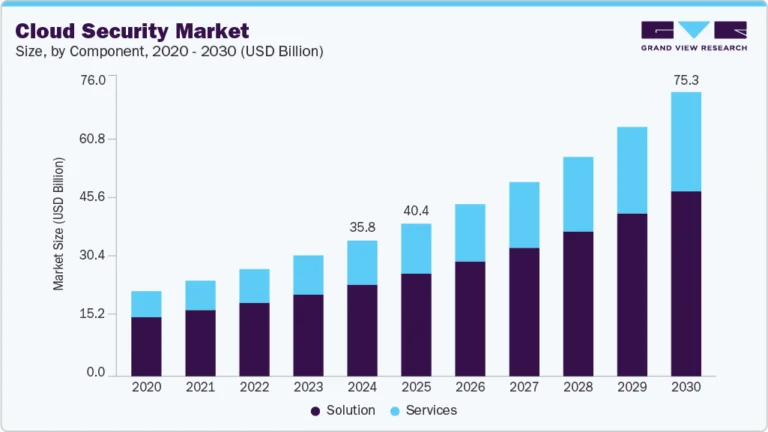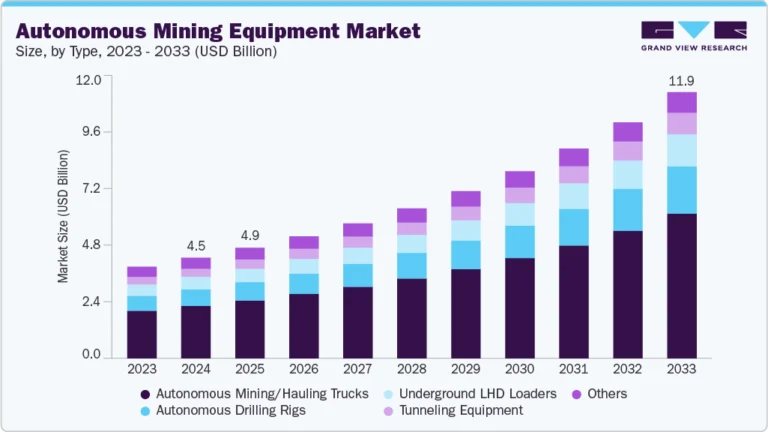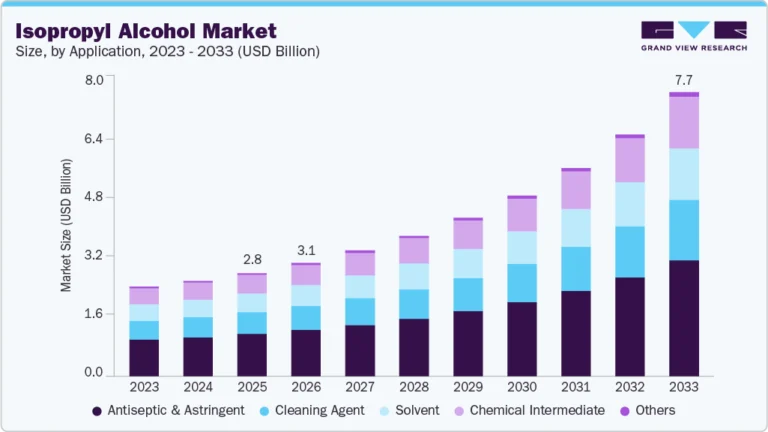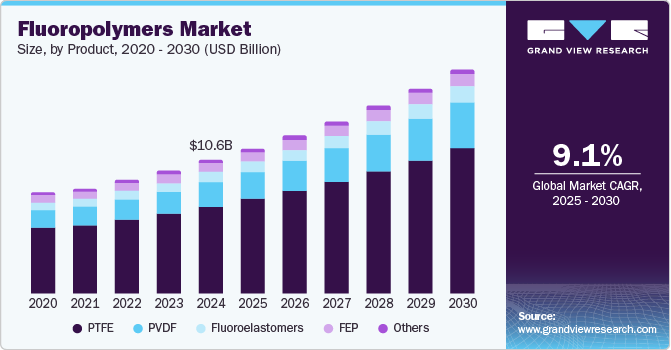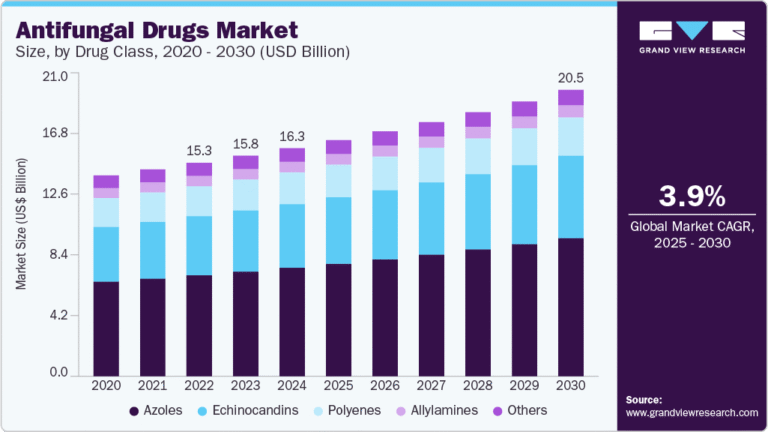Molecular Biology Enzymes, Reagents And Kits Market Size, Share & Trends Analysis growing at a CAGR of 9.99% from 2025 to 2033

The global molecular biology enzymes, reagents and kits market size was valued at USD 15.48 billion in 2024 and is projected to reach USD 34.11 billion by 2033, growing at a CAGR of 9.99% from 2025 to 2033. Market expansion is driven by the growing adoption of these products across a wide range of molecular biology applications, particularly in pharmaceutical and biotechnology research.
Key Market Trends & Insights
- North America molecular biology enzymes, reagents and kits market held the largest share of 44.39% in 2024.
- The molecular biology enzymes, reagents and kits market in the U.S. is expected to grow significantly over the forecast period.
- By product, the kits and reagents segment held the highest market share of 60.22% in 2024.
- Based on application, the sequencing segment held the highest market share in 2024.
- By end use, the pharma and biotech segment held the highest market share in 2024.
Market Size & Forecast
- 2024 Market Size: USD 15.48 Billion
- 2033 Projected Market Size: USD 34.11 Billion
- CAGR (2025-2033): 9.99%
- North America: Largest market in 2024
- Asia Pacific: Fastest growing market
Request a free sample copy or view report summary: https://www.grandviewresearch.com/industry-analysis/molecular-biology-enzymes-kits-reagents-market/request/rs1
Increasing focus on precision diagnostics, drug development, and genomic analysis continues to support the demand for reliable and efficient molecular tools. Rising investments in life sciences research and the expanding availability of molecular testing platforms are further supporting market growth. In particular, the growing emphasis on automation and high-throughput workflows is encouraging the adoption of advanced kits, reagents, and enzymes across both academic and commercial laboratories.
The expanding application of sequencing technologies has significantly transformed genomics and molecular biology, enabling highly accurate and efficient research. The emergence of next-generation sequencing (NGS) has made DNA sequencing more accessible and cost-effective, while third-generation platforms are addressing challenges in genome assembly, haplotype phasing, and structural variation analysis. The rising demand for sequencing solutions has led to the continuous development of specialized reagents and kits that support advanced research. In November 2024, the California Department of Public Health (CDPH) confirmed the first case of clade I mpox in the U.S. through laboratory testing. The case, identified via PCR and confirmed through further sequencing, highlights the importance of rapid and precise molecular diagnostics, driving the adoption of advanced PCR and sequencing tools and supporting the growth of the molecular biology enzymes, reagents, and kits market.
Despite these advances, data security and storage infrastructure concerns pose a challenge. The massive datasets generated through sequencing contain sensitive genetic information, requiring ethical handling and secure storage, often through cloud-based technologies. In emerging economies, limited access to high-end data storage solutions may hinder the broader adoption of sequencing tools, indirectly affecting the market. However, government-led efforts to establish biobanks and national genome initiatives are expected to mitigate some of these concerns and support long-term market development.

